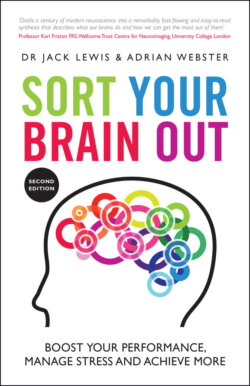Читать книгу Sort Your Brain Out - Джек Льюис, Адриан Вебстер - Страница 32
Fatal attraction
ОглавлениеIn 2005, a South Korean man named as Lee Seung Seopp dropped dead of heart failure after playing a game called StarCraft for over 50 hours straight. His obsessive game play displaced precious time that he could have spent ensuring that he ate and drank enough to stay alive.
In 2007, a Chinese man named Zhang died suddenly after playing World of Warcraft continuously for seven days.
In 2009, back in South Korea, a 41‐year‐old man and a 27‐year‐old woman became so obsessed with an online role‐playing game involving caring for a virtual infant that, in a horribly ironic twist, they accidentally starved their own real‐life, three‐month‐old baby girl to death.
You might be forgiven for thinking that this problem is specific to East Asia, but that isn't the case. Digital innovations have historically been made available (and embraced) earlier in these countries, before much of the rest of the world got their hands on them. Observing the negative outcomes of digital over‐immersion among these early adopters gives the rest of the world a valuable heads up, helping them to take preventative measures to avoid repeating such unfortunate and lethal scenarios.
In May 2019, gaming addiction was officially classified as a disease by the World Health Organisation and six months later the UK's National Health Service inaugurated its first National Centre for Gaming Disorders.
